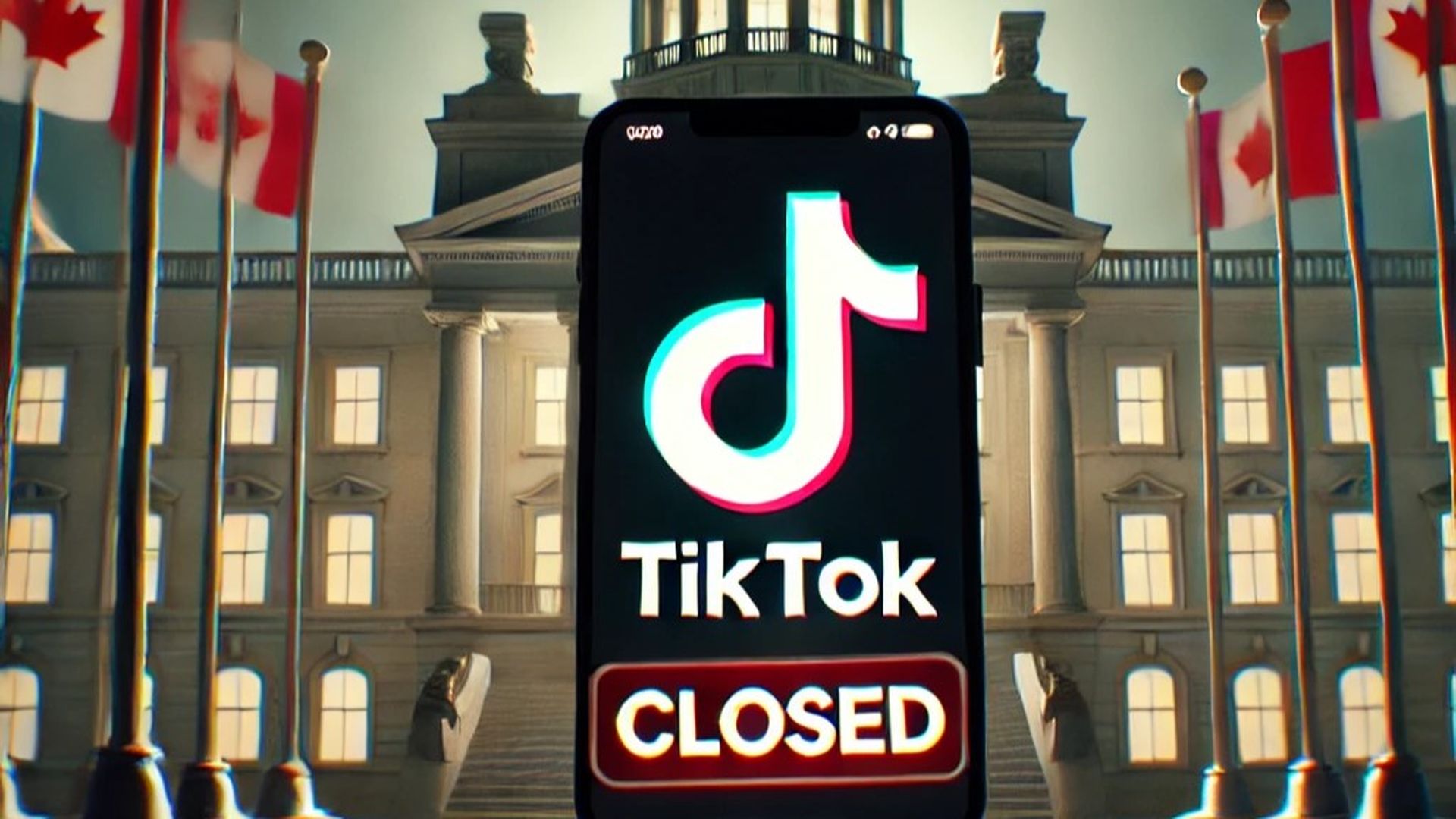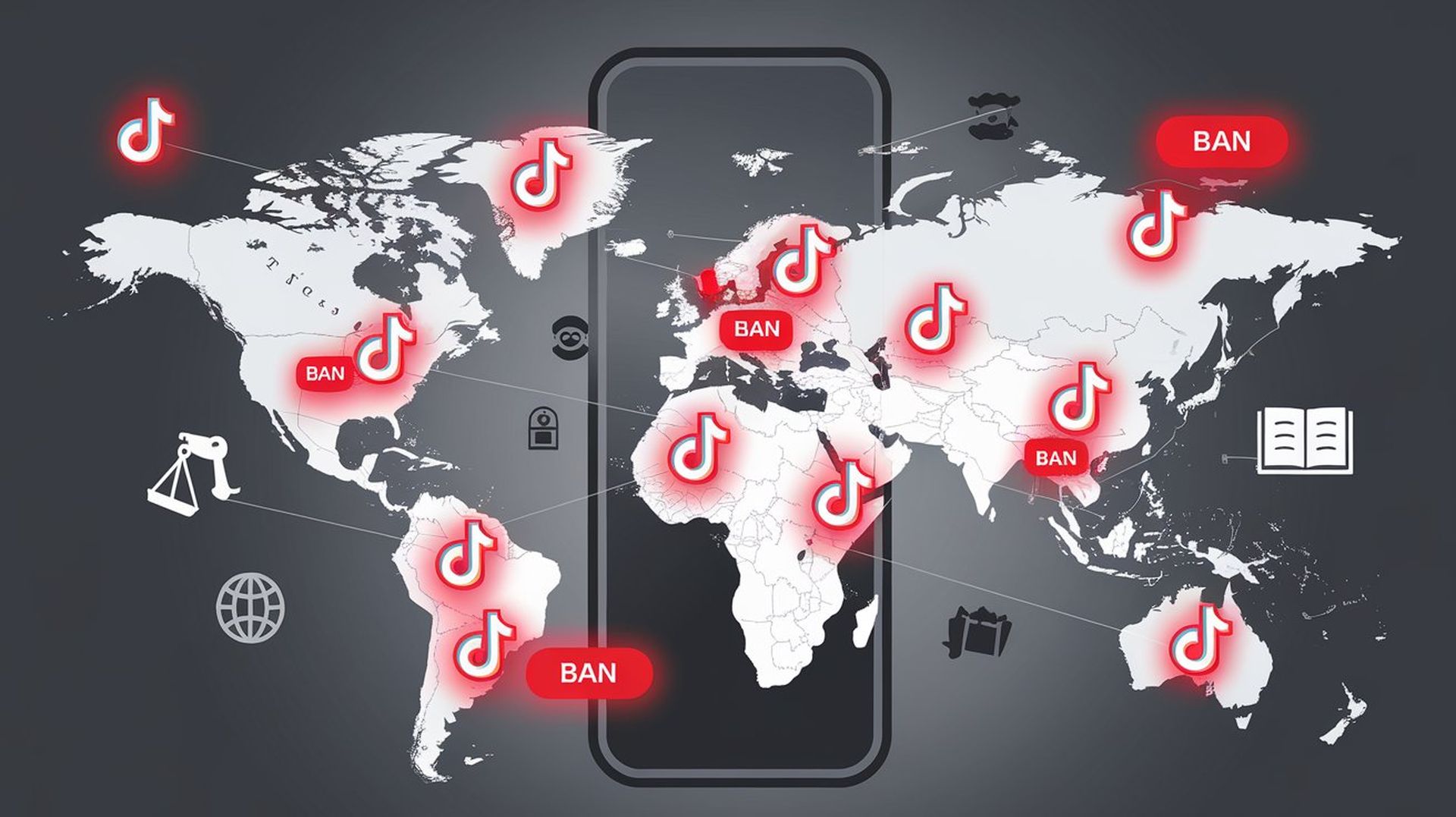The Canadian government has ordered ByteDance’s branch to shutter its doors, a major step highlighting just how little time the world’s governments are willing to wait on caution about TikTok. It banned TikTok itself but left ByteDance, the parent company of TikTok, with the option to either dissolve TikTok Technology Canada and shut down operations in the country or sell it to a buyer. As a result of this directive, Canada’s Minister of Innovation, Science, and Industry, François-Philippe Champagne, is changing the way Canada approaches potential security risks in the app without limiting Canadians’ use of the app.
Canada’s order adds to global TikTok scrutiny: Who’s banning the app, and why?
After Canadian national security and intelligence agencies conducted a detailed review, ByteDance has decided to end its physical presence in Canada. The risks of over-exposure of user data to the Chinese government under its national security laws worried officials, who also raised alarms about possible security threats tied to ByteDance. While not as straightforward a ban, Canada’s approach takes a precautionary tone that is dissimilar to what lawmakers on both sides of the U.S. political divide have also been pushing, like a ban over privacy concerns about how TikTok deals with data.

Although the government has stepped in to restrict downloading, using, and uploading content to the app, it is still available to Canadians. However, ByteDance will be forced to close its offices in Vancouver and Toronto, affecting Canadian employees. ByteDance said it is disappointed and will challenge the order in court to protect its operations and save hundreds of jobs. The company stressed that it would keep the platform open so Canadian creators and businesses could keep connecting with audiences.
A global trend of scrutiny as governments weigh TikTok’s risks
Canada is becoming part of a global trend that includes many countries considering actions against TikTok. There are increasing privacy and data security concerns surrounding the app. ByteDance (TikTok’s parent company) has denied allegations of improper data sharing. ByteDance states that:
- Its servers are not based in China
- It complies with local laws in each country where it operates
However, fears around TikTok’s reach and how it handles data are unlikely to dissipate, as governments worldwide perceive the app as a potential doorway for unauthorized data exploitation.

TikTok banned and potentially banned countries
Several countries have banned TikTok outright or limited its use to government use. This trend is due to a typical marriage of worldwide security, social, and privacy concerns.
- Current bans: Including India, the first to implement a strongly worded full TikTok ban, citing concerns about data security and national sovereignty. Western countries, including Australia, the U.S., Canada, and New Zealand, have blocked TikTok access on government devices over similar data and privacy and espionage risks associated with the app’s parent company, ByteDance, based in China. With civil unrest, we’ve also seen specific areas like New Caledonia (a French territory) have temporarily banned TikTok.
- Countries considering a ban: The U.S. continued deliberations on a potential full ban in 2024 when ByteDance could not divest its ownership. Somalia and Kenya also want to introduce regulations or a ban over the content spectrum, like hate speech or inappropriate behavior. However, many of these proposals are going in the direction of growing anxiety over how the app affects younger users and how that may impact local digital environments.
TikTok users in Canada can continue using the app as usual, even as ByteDance approaches its legal response to Canada’s order. The Canadian government’s decision is the latest salvo against TikTok globally, and it’s unclear if more countries will follow suit soon.
Images credit: Furkan Demirkaya/Ideogram





